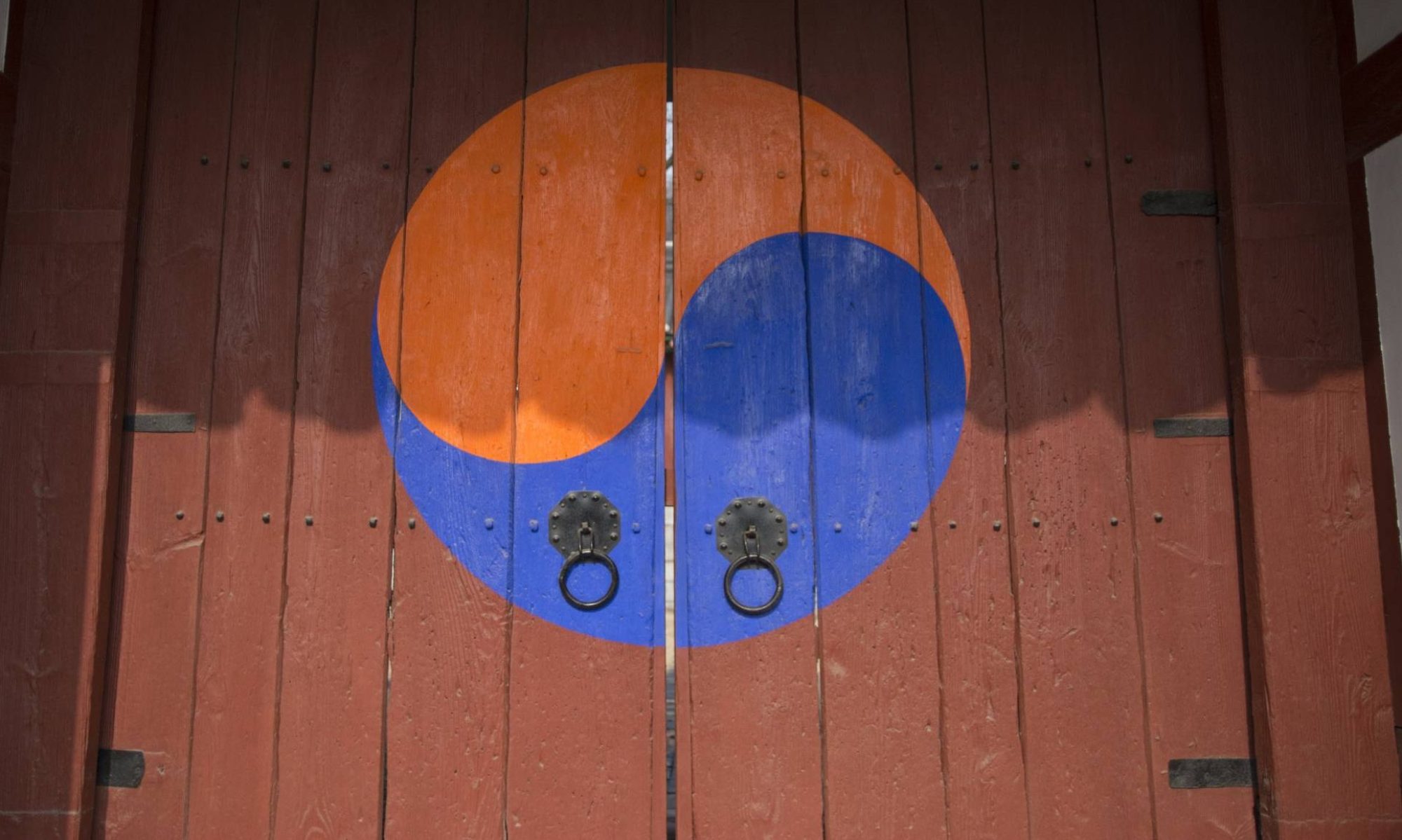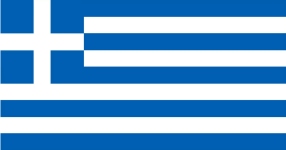
Greece Ελλάδα – The Hellenic Republic (Ελληνική Δημοκρατία
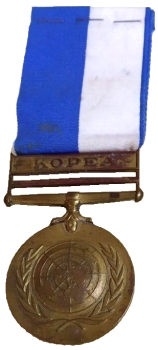
Greece was the fifth-largest troop contributor, and the eighth to commit support to United Nations Command, during the Korean War. The Greek (or Hellenic) Expeditionary Force included a Royal Hellenic Air Force Flight and a Hellenic Army Infantry Battalion.
The Greek air contribution known as the 13th Hellenic Air Force Flight arrived on December 3, 1950, with seven transport aircraft (C-47s). The Flight operated from Daegu and was attached to the U.S.A.F. 21st Troop Carrier Squadron of 374th Wing, from December 1950 to May 1951. From May 1951 until April 1955 they operated from the Kimpo Air Base. In total, the 13th Hellenic Air Force Flight flew close to 14,000 hours in almost 3,000 missions, evacuated over 9,000 wounded, provided supply drops, and collected intelligence. The 13th Hellenic Air Force Flight received a U.S. Presidential Unit Citation for evacuating 1,000 wounded Marines from the Chosin Reservoir in December 1950 and also received the ROK Presidential Unit Citation.1
The Hellenic Army Infantry Battalion arrived on December 9, 1950, at Busan. Called the Sparta Battalion, it was composed of 849 men and six vehicles in a HQ company and three rifle companies, which included one machine gun/mortar platoon and three rifle platoons in each company. The Sparta Battalion increased in numbers in August 1951 from 851 to 1,063 members. From 1951 to 1952, the Sparta Battalion fought in a number of key battles and locations, including the attack on Hills 381, 489, 326, and 313, the battle near Churadong, the attack on Hill 167, and the battle near Nori Hill. Fourteen soldiers were killed in a transport aircraft crash in Jinhae on December 27, 1952. In 1953, they fought at battles at Hills 438, 420, 495, and 492. The Sparta Battalion received two U.S. Presidential Unit Citations and a ROK Presidential Unit Citation for their actions.
A total of 4,992 Greeks fought in the Korean War. Greek casualties included 196 killed in action, 610 wounded, and the loss of two C-47 aircraft. Greece continued to send troops after the Armistice was signed. Their total contribution from December 1950 to August 1956 was 4,992 personnel during the Korean War and 5,589 after the Armistice was signed. The final Greek unit departed the Korean peninsula in 1955 when the Demilitarized Zone was stabilized. In August 1956, Greece ended its commitment to UNC but rejoined in 2000.
There are other information sources which state that 10,581 Greeks served in Korea from December 9, 1950, until December 11, 1955, suffering 1,286 casualties.
In either case, according to an American statement to a U.N. session on December 8, 1953, the Greek Battalion was the most heavily decorated infantry battalion in the war.

Medalet of the Greek Orthodox Church
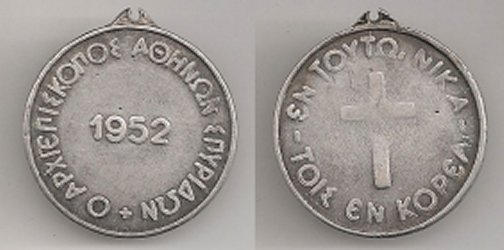
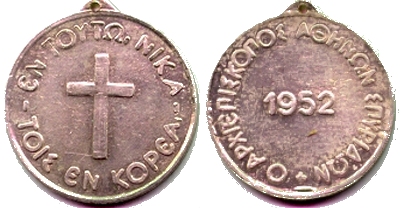
Obverse inscription: “(The cross) is always working – always in Korea”
Reverse inscription: Archbishop of Athens Spyridon 1952
Although pictured without a ribbon, the original ribbon colors were Blue & White (b/w/b 1.5 × 4 × 1.5 mm.) These are the national colors of Greece.
Spyridon was Archbishop of Athens from 1949 to 1956
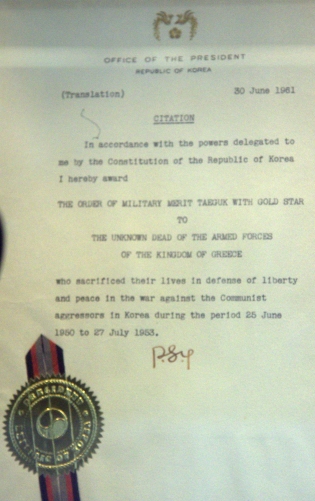
Memorials and Monuments
In Korea
- In 1961, Greece installed a plaque at the United Nation’s Memorial Cemetery in Pusan. The plaque reads “From Greece for her fallen sons in gratitude”. In addition, the names of the fallen Greeks are on the Wall of Remembrance and there is a plaque for Greece on the UN forces monument.
- At the UN veterans memorial in Busan, there is a Greek flag and a sculpture of a Greek soldier next to the flags and the soldiers of the other UN nations who helped South Korea.
- In 1974, South Korea raised a Greek War Memorial in Yeoju, with the names of the Greeks who were killed in the war engraved on it.
- At the Korea War Memorial in Seoul, there is a monument dedicated to Greece. In addition, the names of the Greeks who killed in action during the war are on the roll of honor and there is also a commemorative stele for Greece at the “Monument for the Participants” section.
- Inside the “Statue of Brothers” in Seoul, there is a plaque for Greece.
In Greece
- On the Tomb of the Unknown Soldier in Athens, the word “Korea” is engraved on the tomb to honor the men who were killed during the Korean War.
